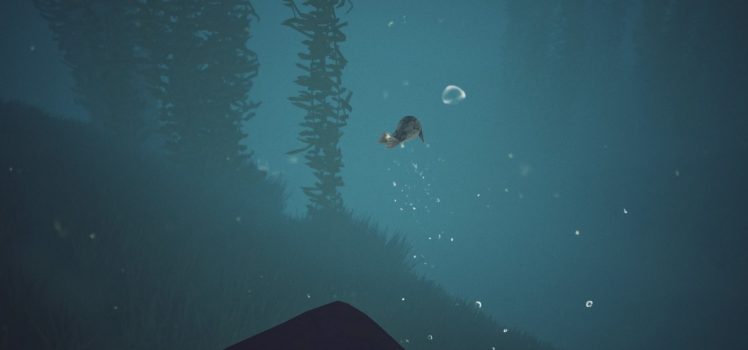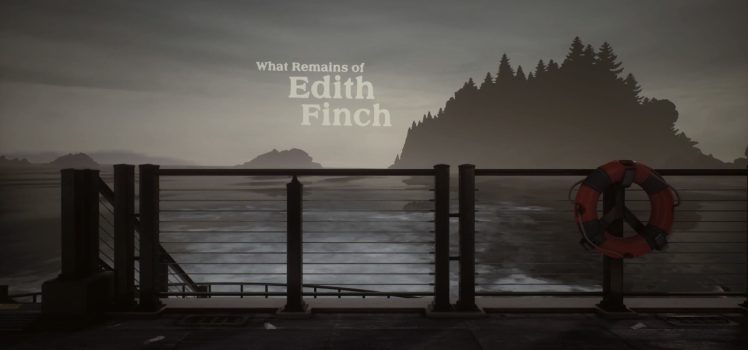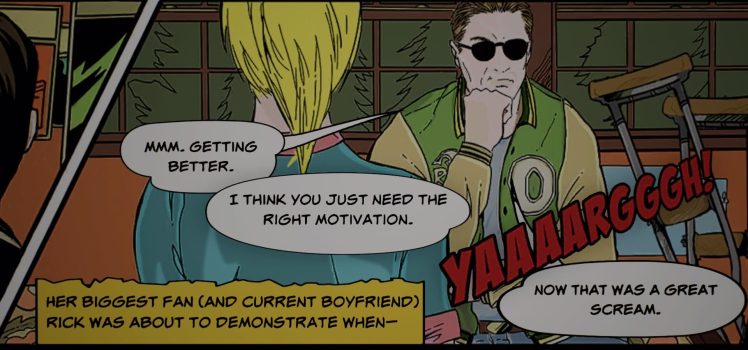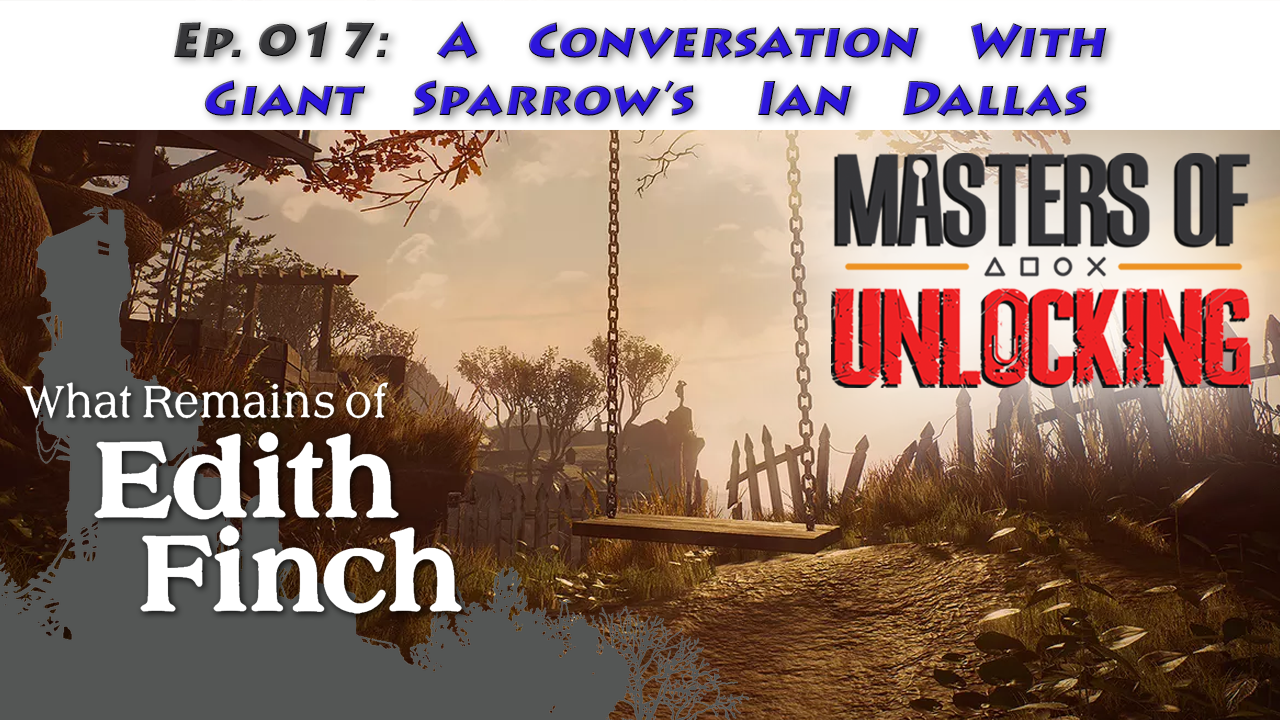“Call me Ishmael.”
Three words and three times as many questions:
- Why should we call you that name? Did you change your name? If so, why did you change or name?
- Why is it so important that you announce your name immediately? Are you famous for something? Are you trying to be famous for something?
- Who is Ishmael talking to? The reader? Am I being set up for an oration of a grand adventure?
These questions will seed a good narrative as long as the narrative delivers on the promise of answers. This balance of posing questions then teasing the reader with an answer then posing more questions, then more teases is what creates a narrative, and as long as this cycle is handled by a skilled writer, the reader will exhaust the entire novel and leave satisfied.
A question is a byproduct of interest and so becomes the impetus to investment. Humans love solving problems. Therefore, a question posed is an invitation to adventure.






 [powerpress]
[powerpress]